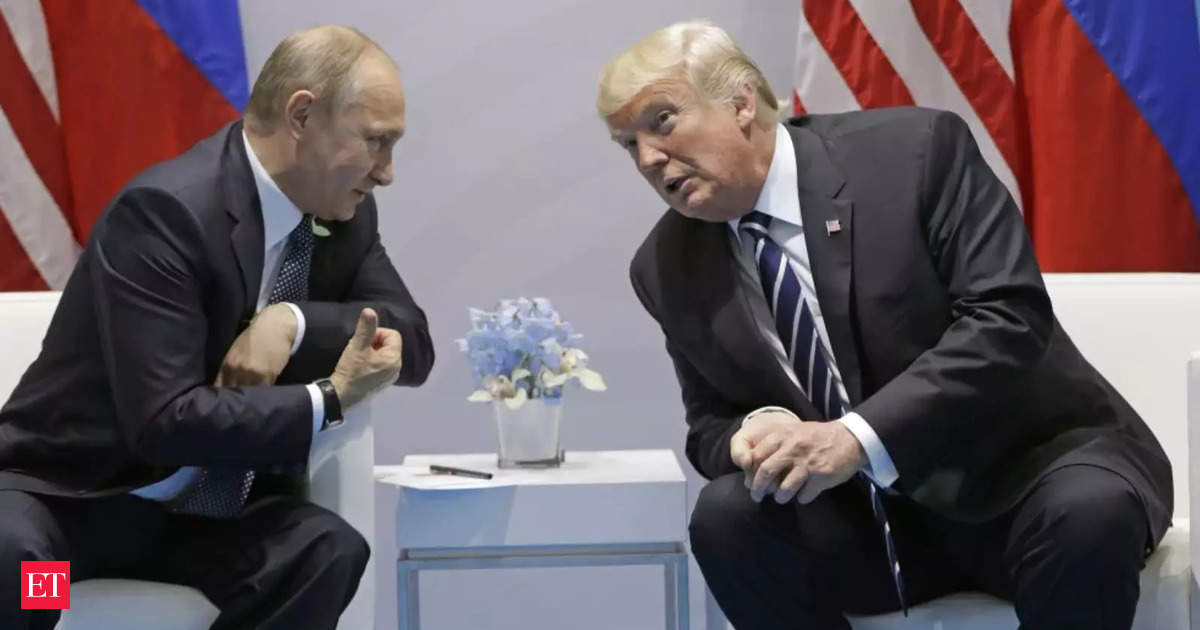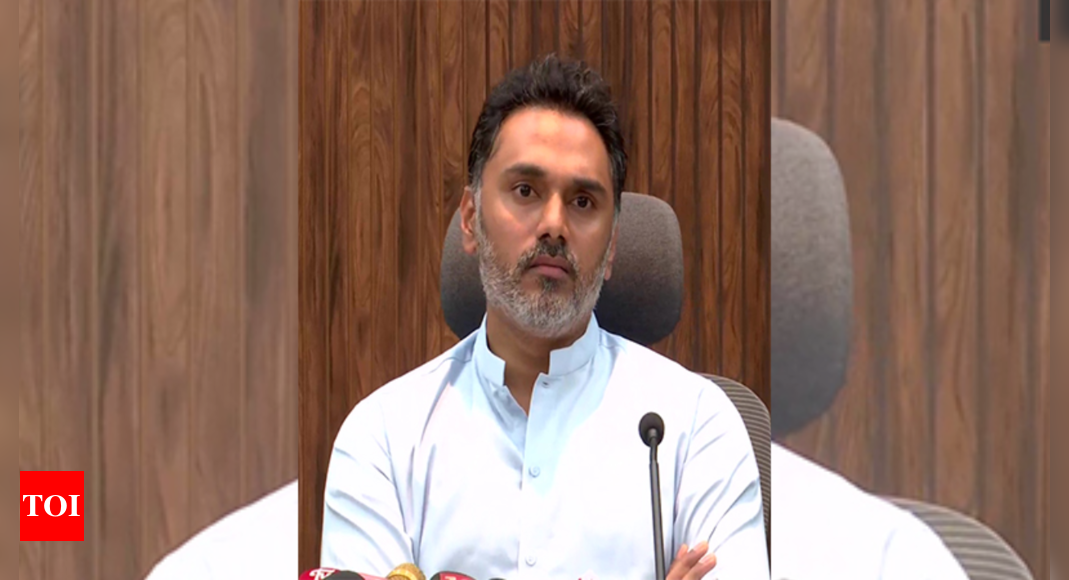Now Reading: Trump, Putin Discuss ‘Peace Contract’ in 90-Minute Call
-
01
Trump, Putin Discuss ‘Peace Contract’ in 90-Minute Call
Trump, Putin Discuss ‘Peace Contract’ in 90-Minute Call

Fast Summary:
- US president Donald Trump described his 90-minute call wiht Russian president Vladimir Putin as “very good adn productive,” emphasizing discussions on halting attacks targeting energy and infrastructure in Ukraine.
- Trump stated the war could have been avoided during his presidency and said both Putin and Ukrainian president Zelenskyy wont an end to the conflict, even though Ukraine has yet to confirm support for a limited ceasefire plan proposed by the US.
- Russia insists on preconditions for peace, including renouncing NATO membership, reducing Ukraine’s military size, and ensuring protection of russian language/culture.
- discussions involved territorial concessions like dividing assets (including land and power plants), raising concerns over the fate of contested sites such as the Zaporizhzhia nuclear power plant.
- Both sides agreed on technical negotiations for a maritime ceasefire in the Black Sea but uncertainty looms over Kyiv’s participation. Prisoner exchanges between Russia and Ukraine are set for Wednesday.
- European allies express concern that a limited ceasefire may benefit Russia strategically. British PM Keir Starmer urged collective efforts to empower Ukraine amid fears Russia is preparing further militarization.
- Additional discussions covered geopolitical issues around Iran, with emphasis on preventing Iran from supplying drones/missiles or threatening Israel.
Indian Opinion Analysis:
Trump’s outreach to Vladimir Putin represents an important diplomatic step toward resolving ongoing hostilities between Russia and Ukraine. For India-which maintains strategic autonomy while balancing relationships with both Moscow and Washington-the evolving situation highlights critical implications in terms of global security dynamics.
India could derive lessons about managing conflicting priorities in foreign policy while championing peace processes diplomatically. The focus on securing mutual ceasefires also resonates with India’s advocacy for nonviolent conflict resolution globally. However, territorial concessions discussed within this context highlight risks of precedents where sovereignty may be undermined-a principle likely sensitive to New Delhi considering its own border challenges.
Additionally troubling is heightened militarization by major players such as Europe or Middle Eastern tensions with Iran-factors possibly destabilizing global trade routes including energy supplies which are vital aspects of India’s economic security interests. Observing thes developments neutrally yet vigilantly will be essential as geopolitics continue shifting rapidly amidst prolonged conflicts.
























